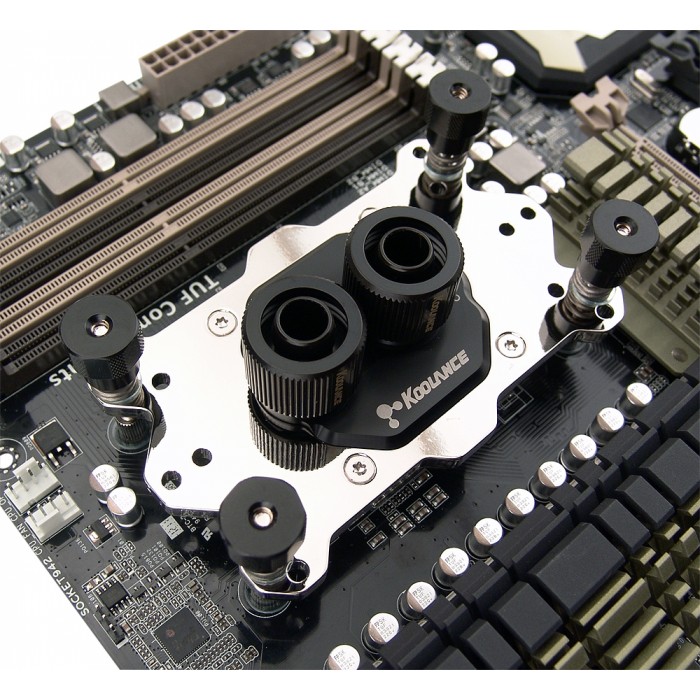drescherjm
[H]F Junkie
- Joined
- Nov 19, 2008
- Messages
- 14,941
considering the IPC right now is only a little better than something that was produced 5 years ago.
I say its even longer than that if you compare it to Intel however bulldozer was designed to have a lower IPC with a higher clock. Zen will not have this lower IPC design feature..
![[H]ard|Forum](/styles/hardforum/xenforo/logo_dark.png)
